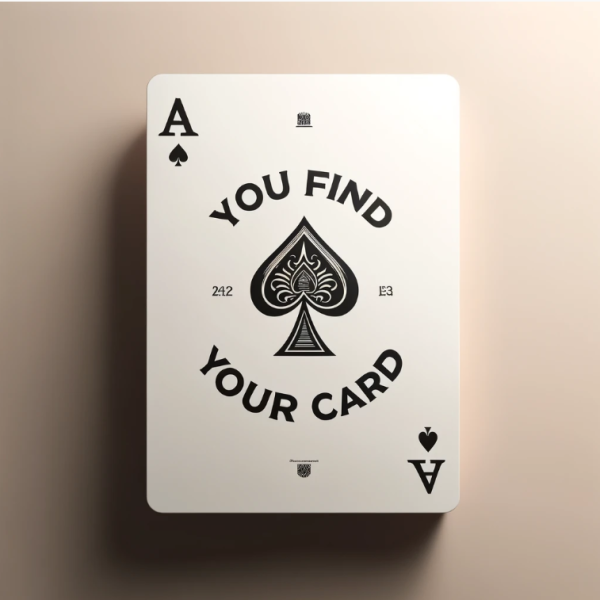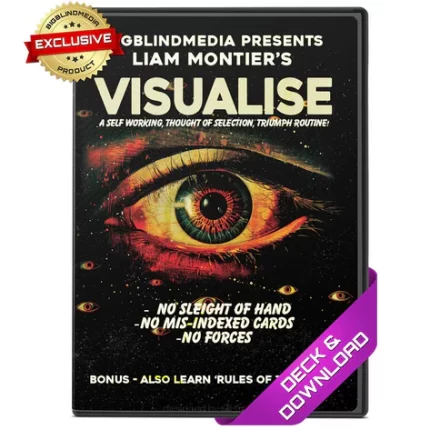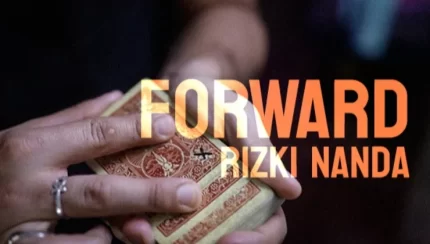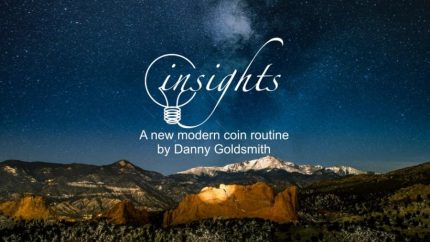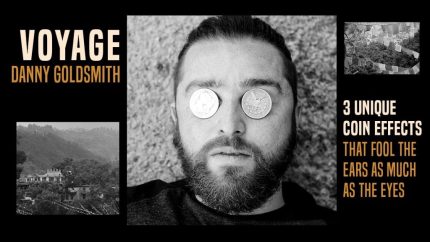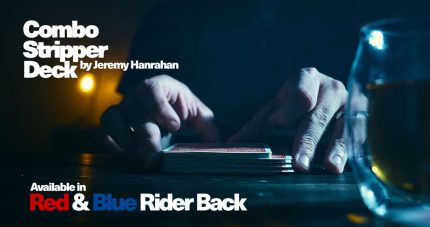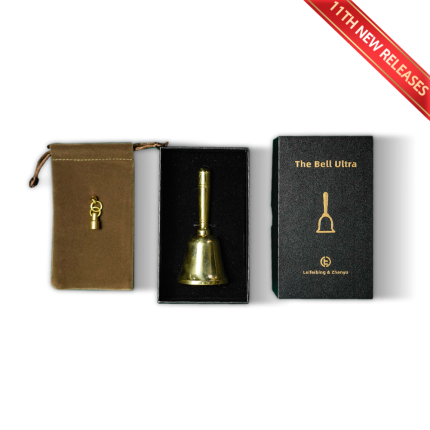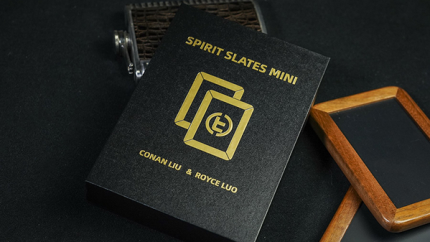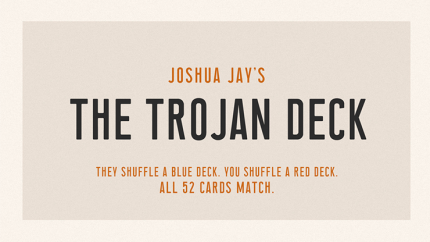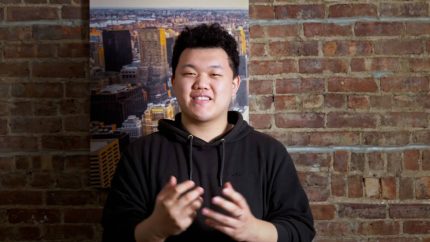This is one of the most timeless plots in magic—so why does NOBODY perform it?
Dear friend,
Have you heard of any of the following tricks?
- Triumph
- The Ambitious Card
- Twisting The Aces
Well, around the same time that Dai Vernon was popularising these effects, world-class magicians were working on a plot that we believe should be just as famous…
You Find Your Card.
As soon as we read the effect description, we were intrigued…
The spectator picks any card which is lost in the deck. They then select another card, turn it face up, and insert it into the deck. When the deck is spread you find the face-up card next to their selected card.
The plot is straightforward, memorable and seemingly impossible—all the ingredients required for a classic.
And if you’re anything like us, you probably DID learn a version of this effect when you were first studying magic.
But personally, we’ve never seen a top magician perform it or even talk about it.
This intrigued us, because we saw there was SO much potential to this plot if the method were simply reworked a little.
Our question was this:
With a plot as timeless as the Ambitious Card, could we find a way to make the method so deceptive that both beginners and top professionals would swear by it?
Here’s what we came up with…
V1: The classic
The spectator picks any card which is lost in the deck. They then select another card, turn it face up, and insert it into the deck. When the deck is spread you find the face-up card next to their selected card.
This version teaches Lu Brent’s classic method.
V2: Annemann’s touches
While studying, we found a very similar effect that was published by Theodore Annemann. This effect is even more simple than the original, requiring just ONE move.
(It can also be done completely impromptu!)
V3: Gaffed
The spectator selects a card and it is lost in the deck. Next you openly turn the top card face up and let the spectator place it in the deck. Without doing any extra moves or sleights, you spread the cards face up and the reversed card is found next to the chosen card!
We wanted to find a way to perform this effect while keeping the cards in full view the entire time. We realised that we could do so using some classic gaffs.
But is there a way to perform this effect in the open without gaffs?
That’s the next variation…
V4: Same effect but not gaffed
The spectator selects a card and it is lost in the deck. You show them the top card and ask them to place it anywhere in the deck.
When you spread the cards, both cards are found together!
V5: The ULTIMATE
The spectator simply names a card. Next, they take a face up card and place it into the deck. You spread the cards and show that their face up card has found the named card!


